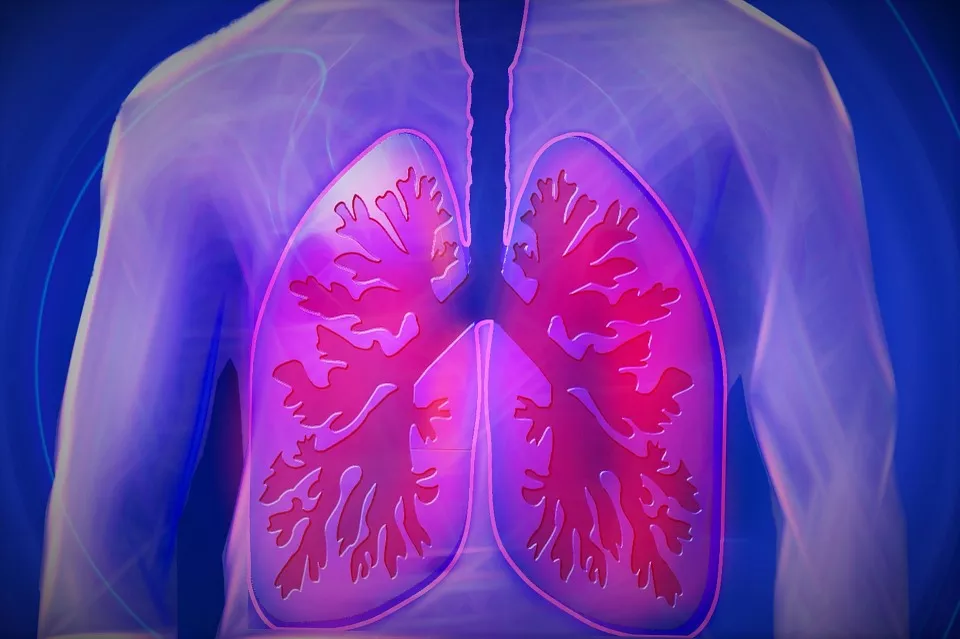

Artificial intelligence can help detect lung cancer
(photo: CC0 Public Domain)
British scientists createdDoha an artificial intelligence model that can accurately identify cancer of the lung in its early stages. According to the researchers, the technology can speed up disease diagnosis and patient treatment.
Cancer is a leading cause of death worldwide. According to the World Health Organization, about 10 million people die from cancer every year. In many cases, however, the disease can be stopped if detected and treated in time.
An artificial intelligence model developed by experts at the Royal Mardson Foundation, the Institute of Cancer Research London and Imperial College London can determine whether abnormal growths found on a computed tomography (CT) scan are malignant. The results of the study were published in the medical journal Lancet eBioMedicine.
The team tapped CT scan data from about 500 patients with large lung nodules to develop an AI algorithm using radiomics. This technique can extract vital information from medical images that are difficult for the human eye to see. The AI model was then tested to see if it could accurately identify cancerous nodules.
The study used a measure called the area under the curve (AUC) to see how effective the model was at predicting cancer. An AUC of 1 indicates an ideal model, while a value of 0.5 would be expected if the model guessed randomly. The results show that the AI model can determine the cancer risk of each node with an AUC of 0.87.
The indicator improves according to the Brock scale, which is currently used in the clinic, and amounts to 0.67. The model also performs comparably to Herder’s score, another test that has an AUC of 0.83. The new AI model could also help medics make faster decisions about patients with abnormal growths who are currently at medium risk.
The research team clarifies that the study is still at an early stage. Further testing is needed before the model is ready for implementation in healthcare systems.